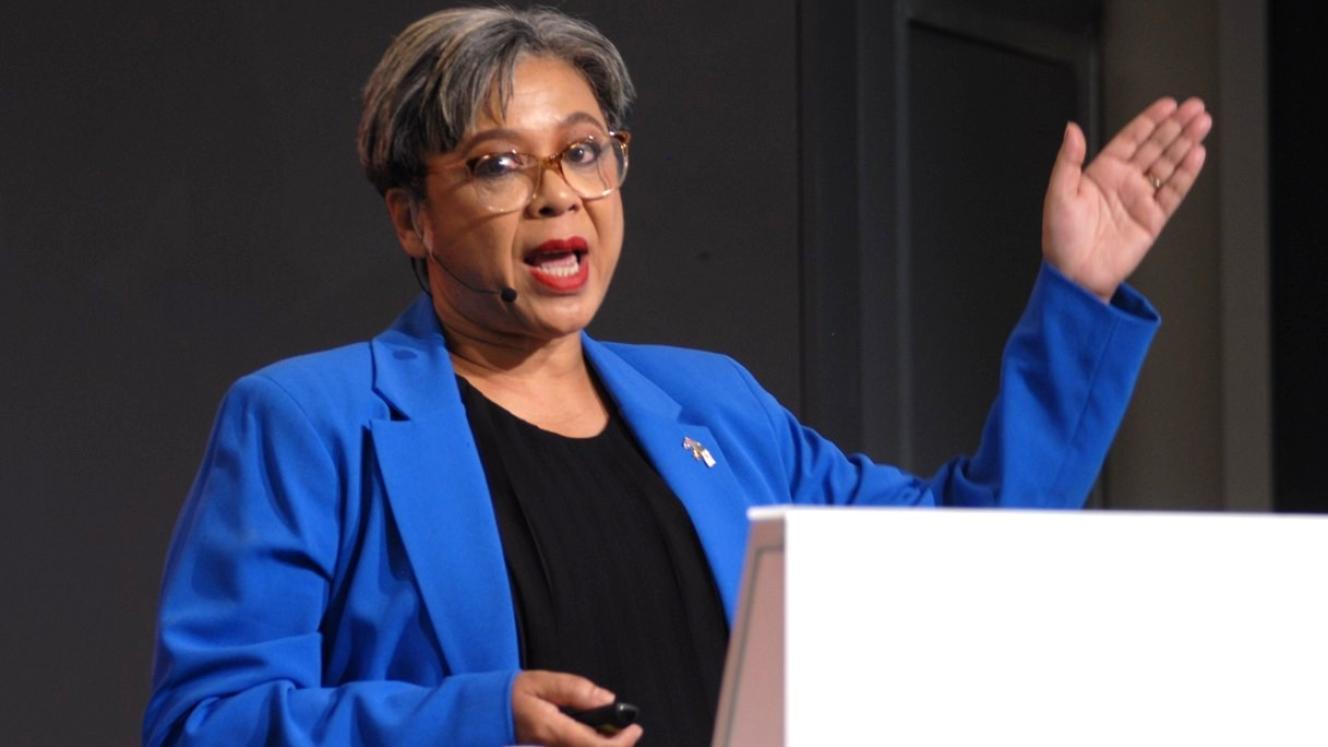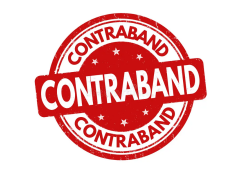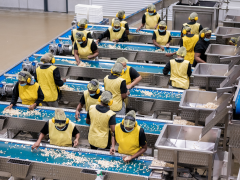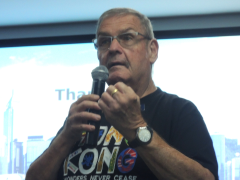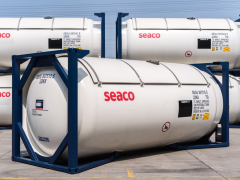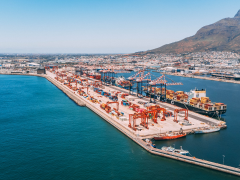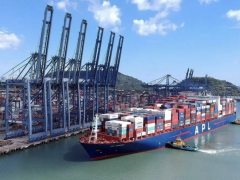Global engineering company Rolls-Royce has signed a deal with Google to further develop its intelligent awareness systems which are making existing vessels safer and are essential to making autonomous ships a reality.
The agreement, believed to be the first in the marine sector, was signed yesterday (Tuesday) at the Google Cloud Summit in Sweden. It allows Rolls-Royce to use Google’s Cloud Machine Learning Engine to further train the company’s artificial intelligence-based (AI) object classification system for detecting, identifying and tracking the objects a vessel can encounter at sea.
Karno Tenovuo, Rolls-Royce senior vice president: ship intelligence, said: “While intelligent awareness systems will help to facilitate an autonomous future, they can benefit maritime businesses right now by making vessels and their crews safer and more efficient. By working with Google Cloud we can make these systems better faster, saving lives.”
Eva Fors, head of Google Cloud Sales Nordics, added that by exploring the possibilities presented by machine learning, Rolls-Royce could combine the latest technology advancements with its deep knowledge of the maritime industry.
She explained that the Google Cloud Machine Learning Engine used the same neural net-based machine intelligence software that powered many of Google’s products, including image and voice search. “Machine Learning is a set of algorithms, tools and techniques that mimic human learning to solve specific problems. Machine learning methods analyse existing data sets with the objective of learning to recognise patterns in training data, making predictions from previously unseen data” said Fors.
A statement by Rolls Royce highlighted that intelligent awareness systems would make vessels safer, easier and more efficient to operate by providing crew with an enhanced understanding of their vessel’s surroundings.
This will be achieved by fusing data from a range of sensors with information from existing ship systems, such as Automatic Identification System (AIS) and radar. Data from other sources, including global databases, will also have a role to play.

